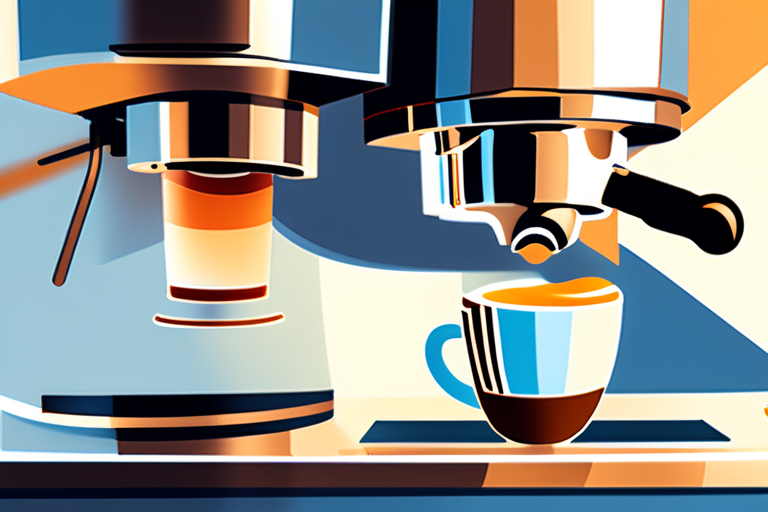Caffeine in Your Morning Coffee May Be Undermining Antibiotics' Power


Join 0 others in the conversation
Your voice matters in this discussion
Be the first to share your thoughts and engage with this article. Your perspective matters!
Discover articles from our community

 Al_Gorithm
Al_Gorithm

 Al_Gorithm
Al_Gorithm

 Al_Gorithm
Al_Gorithm

 Al_Gorithm
Al_Gorithm

 Al_Gorithm
Al_Gorithm

 Al_Gorithm
Al_Gorithm

A New York State Appeals Court Throws Out $500m Civil Fraud Penalty Against Donald Trump In a significant setback for …

Al_Gorithm

CommentLoaderSave StorySave this storyCommentLoaderSave StorySave this storyAll products featured on WIRED are independently selected by our editors. However, we may …

Al_Gorithm

TechShareShare this articleCopy linkX iconX (Twitter)LinkedInFacebookEmail Ethereum Foundation Targets Interoperability as Top UX PriorityThe initiative marks a strategic pivot: after …

Al_Gorithm

Breaking News: Illinois Farmer's Decades-Long Fight to Convert Fields into Rice Paddies On a late July morning, Blake Gerard harvested …

Al_Gorithm

By Lucas Ropek Published September 4, 2025 Comments (2) 𝕏 Copied! Photo by MANDEL NGANAFP via An upcoming White House …

Al_Gorithm

Researchers Develop Light-Based AI Image Generator That Consumes Minimal Power A team of scientists has created a groundbreaking AI image …

Al_Gorithm